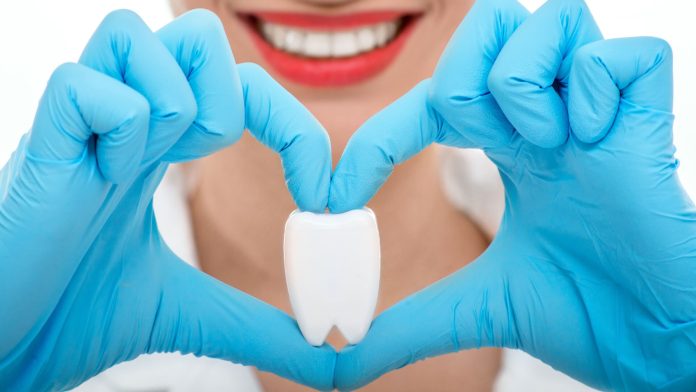As a parent, one of your top priorities is ensuring the health and well-being of your child. Dental health plays a crucial role in overall well-being, and regular visits to the dentist are essential for maintaining healthy teeth and gums. But how do you know when it’s time to schedule that dental appointment? In this blog post, we’ll discuss ten signs that indicate it’s time for your child to visit the Dentists.
Table of Contents
Tooth Pain or Sensitivity:
One of the most obvious signs that your child needs to see the dentist is tooth pain or sensitivity. If your child complains of pain when chewing or drinking hot or cold beverages, it could be a sign of tooth decay, cavities, or other dental issues.
Bleeding Gums:
Bleeding gums, especially during brushing or flossing, may indicate gum disease or gingivitis. These conditions can lead to more serious dental problems if not addressed promptly.
Persistent Bad Breath:
While occasional bad breath is normal, persistent bad breath could be a sign of underlying dental issues such as gum disease, cavities, or oral infections. If your child’s breath consistently smells foul, it’s time to visit the Dentists.
Changes in Tooth Alignment:
If you notice changes in your child’s tooth alignment or if their teeth seem crooked or crowded, it’s a good idea to schedule a visit to the dentist. Early intervention can help prevent more significant alignment issues later on.
Difficulty Chewing or Eating:
If your child has difficulty chewing or complains of pain while eating, it could indicate dental problems such as cavities, tooth decay, or gum disease. Difficulty eating can also lead to poor nutrition and overall health issues.
Visible Dental Issues:
Keep an eye out for any visible signs of dental problems, such as discolored teeth, swollen gums, or white spots on the teeth. These could all be indicators of underlying dental issues that require attention from a dentist.
Jaw Pain or Clicking:
Persistent jaw pain, clicking, or popping noises when opening and closing the mouth could be signs of temporomandibular joint (TMJ) disorder or other dental issues. These issues can impact your child’s ability to eat, speak, and even sleep comfortably.
Thumb-Sucking or Pacifier Use:
If your child continues to suck their thumb or use a pacifier past the age of three or four, it could lead to dental problems such as misaligned teeth or jaw issues. Your dentist can offer advice on how to break these habits gently.
Previous Dental Trauma:
If your child has experienced any previous dental trauma, such as a chipped or cracked tooth, it’s essential to have a dentist assess the damage and recommend appropriate treatment. Ignoring dental trauma can lead to further complications down the line.
Regular Check-Ups:
Even if your child isn’t experiencing any specific dental issues, it’s still crucial to schedule regular check-ups with the dentist. These visits allow the dentist to monitor your child’s dental health and catch any potential problems early on. Preventive care is key to maintaining a healthy smile.
Final Words
By staying vigilant and addressing any potential dental issues promptly, you can help ensure that your child maintains a healthy smile for years to come. Remember, regular visits to the dentist are an essential part of your child’s overall health and well-being. If you notice any of the signs mentioned above, don’t hesitate to schedule an appointment with your child’s dentist. Your child’s dental health is worth it!
















